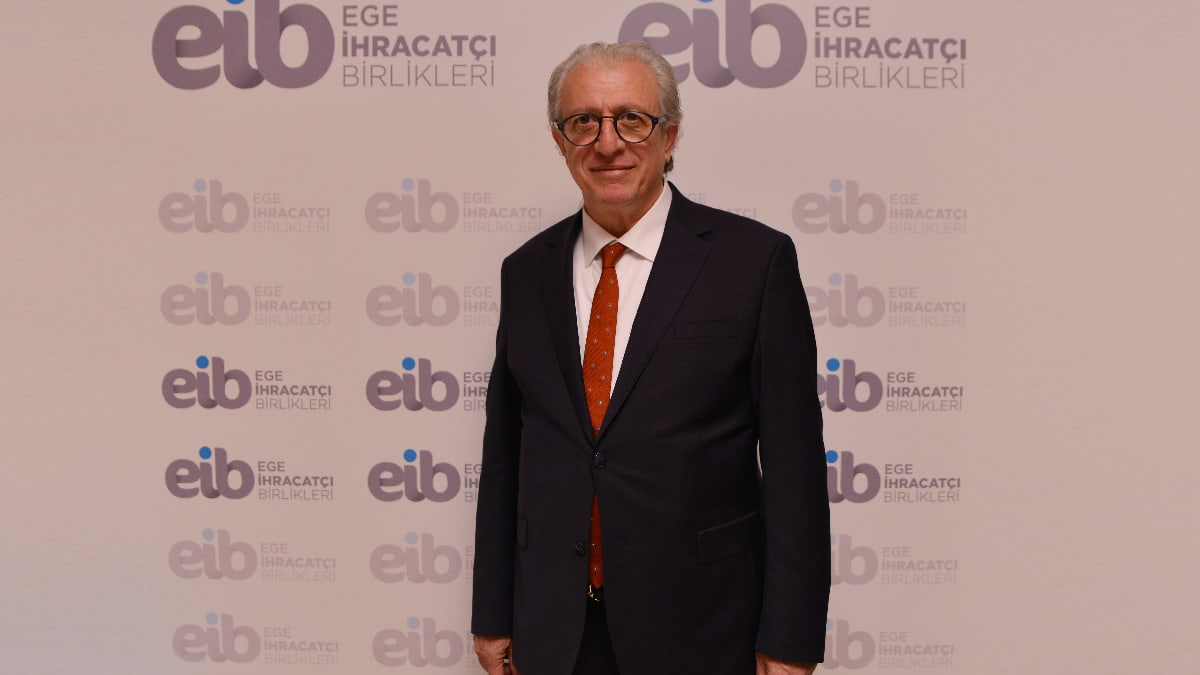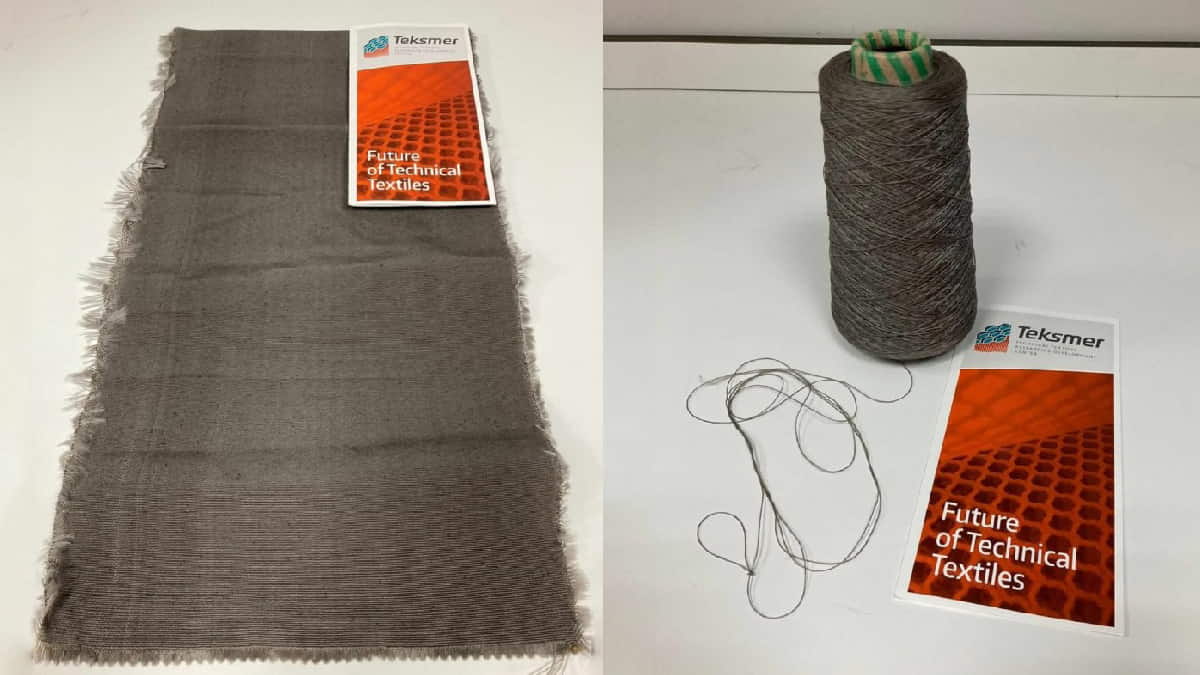Technical Textiles Research and Application Center (TEKSMER), which has been working in technical textiles since 2014, has developed functional, sustainable and recyclable fibres in this process and introduced them at the launch themed “Discover the Power of Technical Textiles. Add Value to Textile”. The outputs of numerous R&D projects supported by TÜBİTAK, based on circular economy covering plenty of areas from protective textiles to healthcare, automotive and household products, were shared with the sector at the launch organized by the Aegean Exporters’ Associations.
Aegean Exporters’ Associations (EIB) Coordinator President Jak Eskinazi shared that Türkiye has generated more than 2.5 billion dollars of foreign currency from technical textile exports in 2021. He stated that technical textile exports from the Aegean Region amounted to 154 million dollars in 2021 and that their goal is to further increase technical textile export figures. Eskinazi expressed that they have established TEKSMER Technical Textiles Research and Application Center in 2014 in partnership with Aegean Textile and Raw Materials Exporters’ Association, Aegean Apparel Exporters’ Association and İzmir Development Agency in Dokuz Eylül University Tınaztepe Campus as a guided project for this purpose.

TEKSMER implemented 40 R&D Projects
Jak Eskinazi stated that with the completion of the project and the partnership of Textile and Apparel Associations within the Aegean Exporters’ Associations, TEKSMER gained its legal identity under the name of TEKSMER Education Consultancy Research and Laboratory Services A.Ş., and continued his words as follows:
“TEKSMER carries out R&D and innovation studies in the same environment of the industry, public institutions, universities and other research infrastructures within Dokuz Eylül University. They transfer knowledge and technology among themselves. TEKSMER also carries out projects as a Teknopark Company in the DEPARK-Technology Development Zone, an ecosystem in which academic, economic and social structure is integrated. The main objective of TEKSMER is to increase the competitiveness of the textile sector in technical textiles, to ensure the development of research projects with university-industry cooperation that will meet the needs and expectations of the industry, and to produce knowledge and know-how by creating the necessary laboratory infrastructure and qualified human resources. It also provides testing and analysis services for textile-based products used in defence, medical, food, and industrial areas, providing benefits to companies in and around İzmir with infrastructure capable of testing technical textiles in its TÜRKAK-accredited test laboratory. We have carried out numerous tests and analyses for technical textiles and we offer technical consultancy services in technical textiles. We started 40 R&D project studies by meeting with companies one-on-one in this process within the scope of technical textile R&D studies”.
“TEKSMER increases awareness in technical textiles”
Jak Eskinazi underlined that the companies in the region have increased their awareness in technical textiles, product development and R&D project management with the activities carried out by TEKSMER, and disclosed; “The most important feature of TEKSMER is that it has a laboratory type Bicomponent fibre spinning machine, which is one of the synthetic fibre production methods based on the drawing of two polymers together and the only one in our country”. Eskinazi made the following statements:
“It runs R&D projects by carrying out bicomponent fibre production and functional fibre development studies with technical features, conducting R&D studies on fibre, the main raw material of textile, developing commercializable technical textile products that will increase the added value in the sector, and making use of domestic and international resources within the scope of R&D and Product Development activities. Different properties can be added to the fibres with the bicomponent fibre production method. It is possible to develop doped special fibres (different from conventional fibres) in different cross-sections depending on the end-use”.


